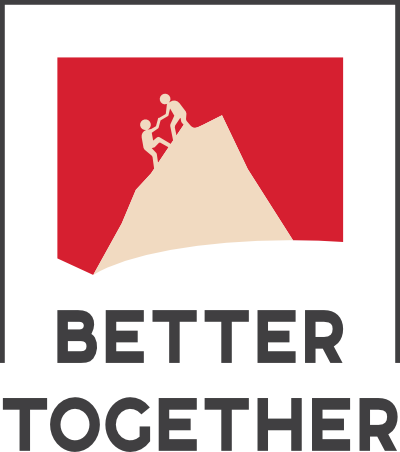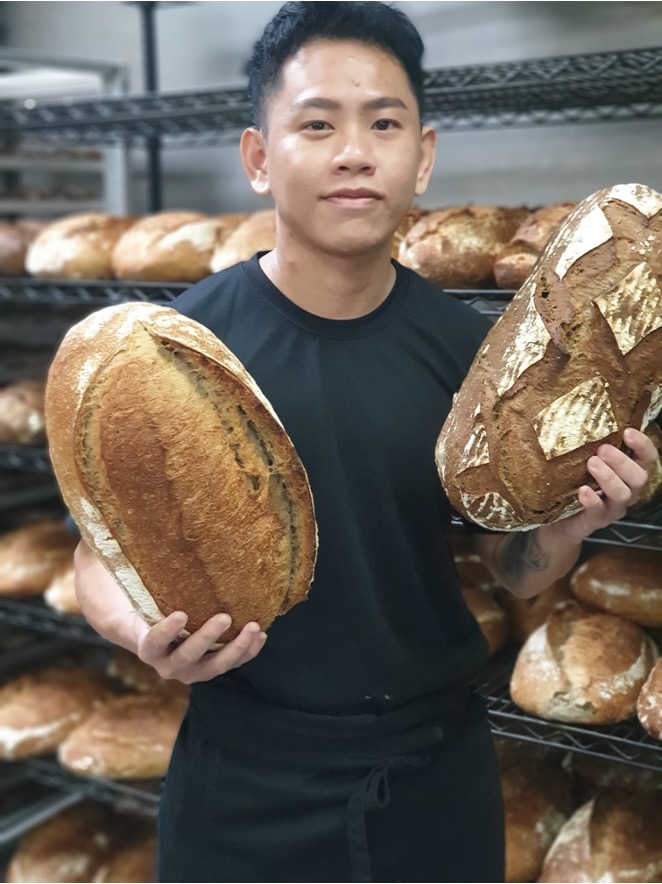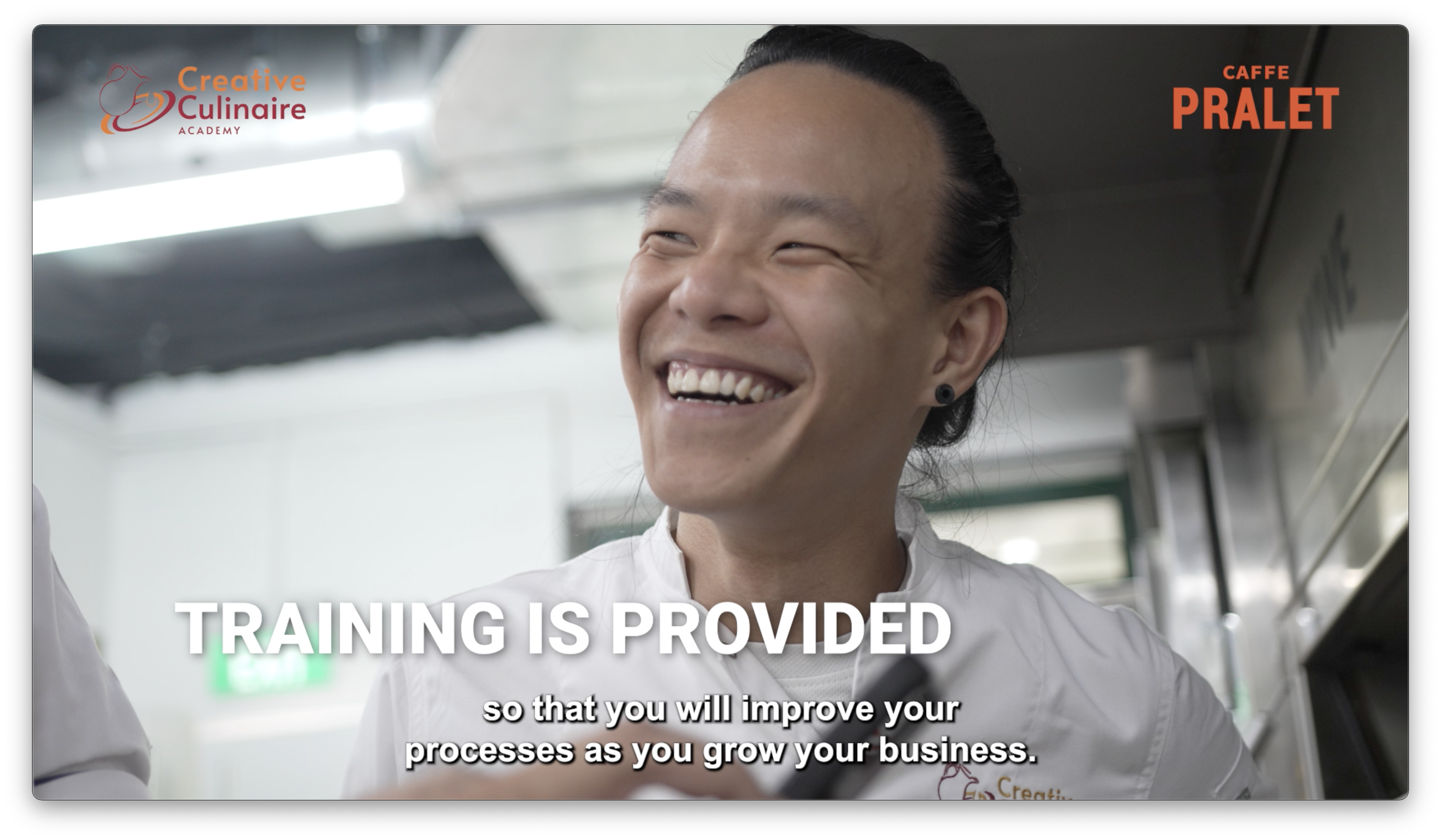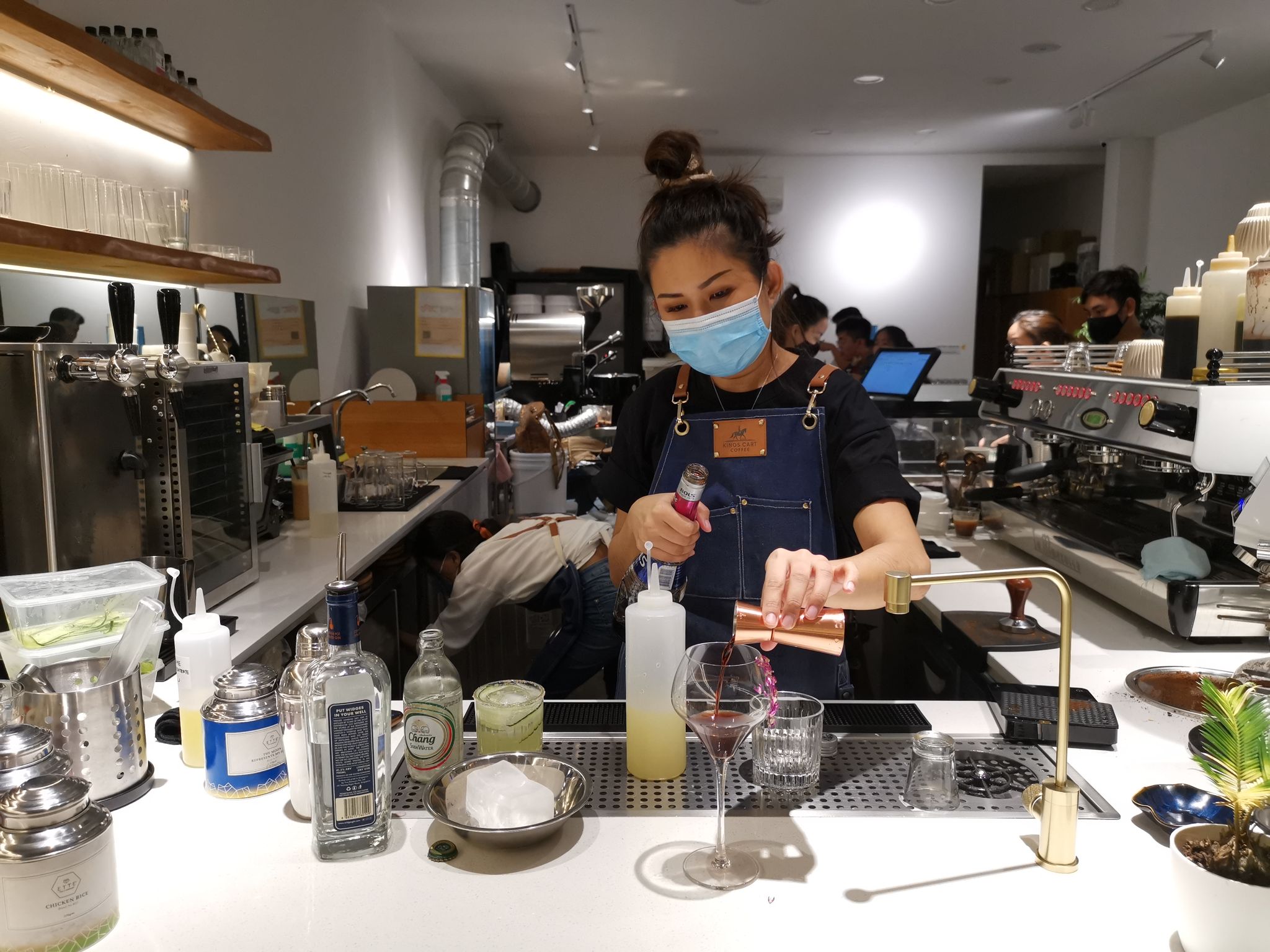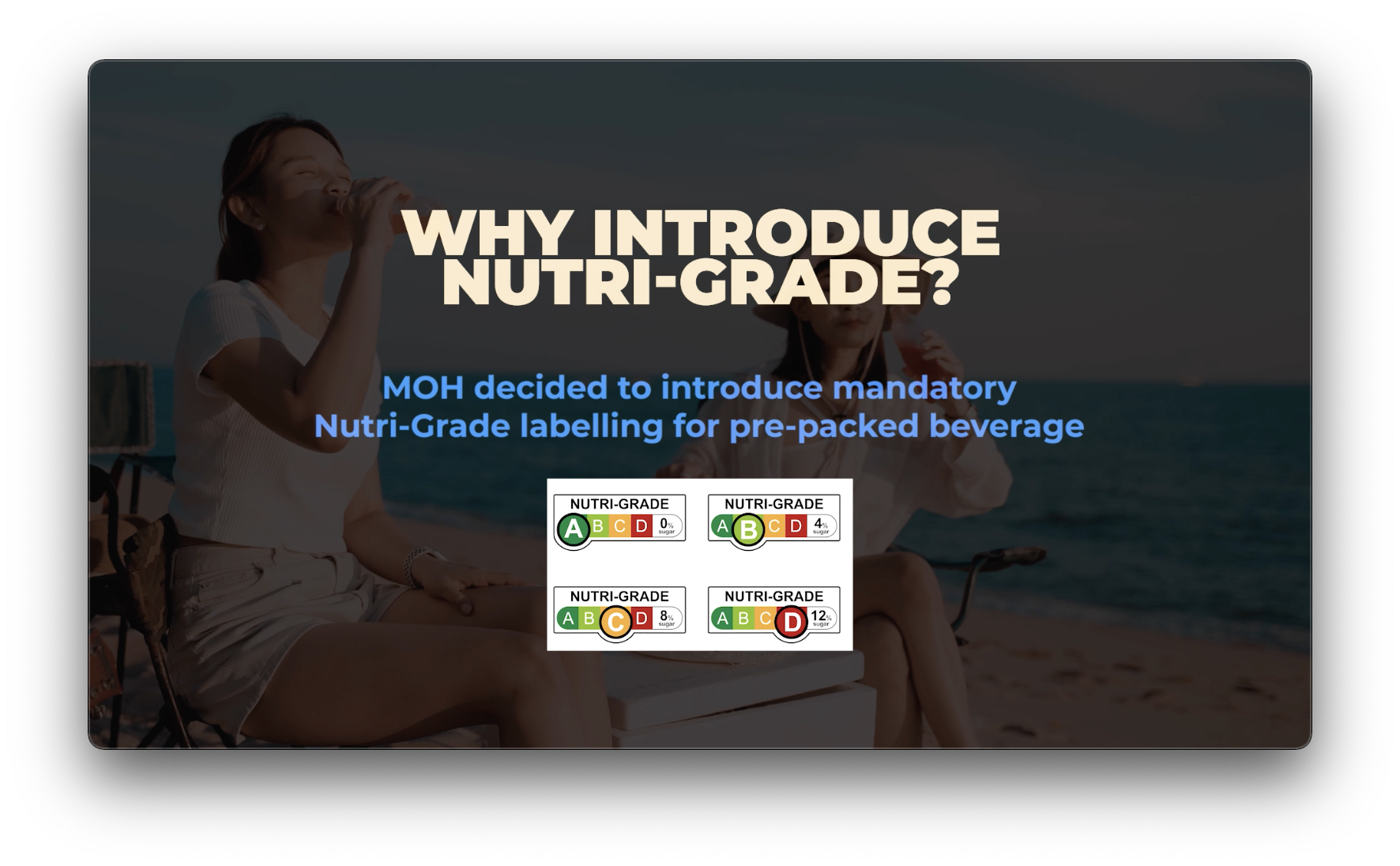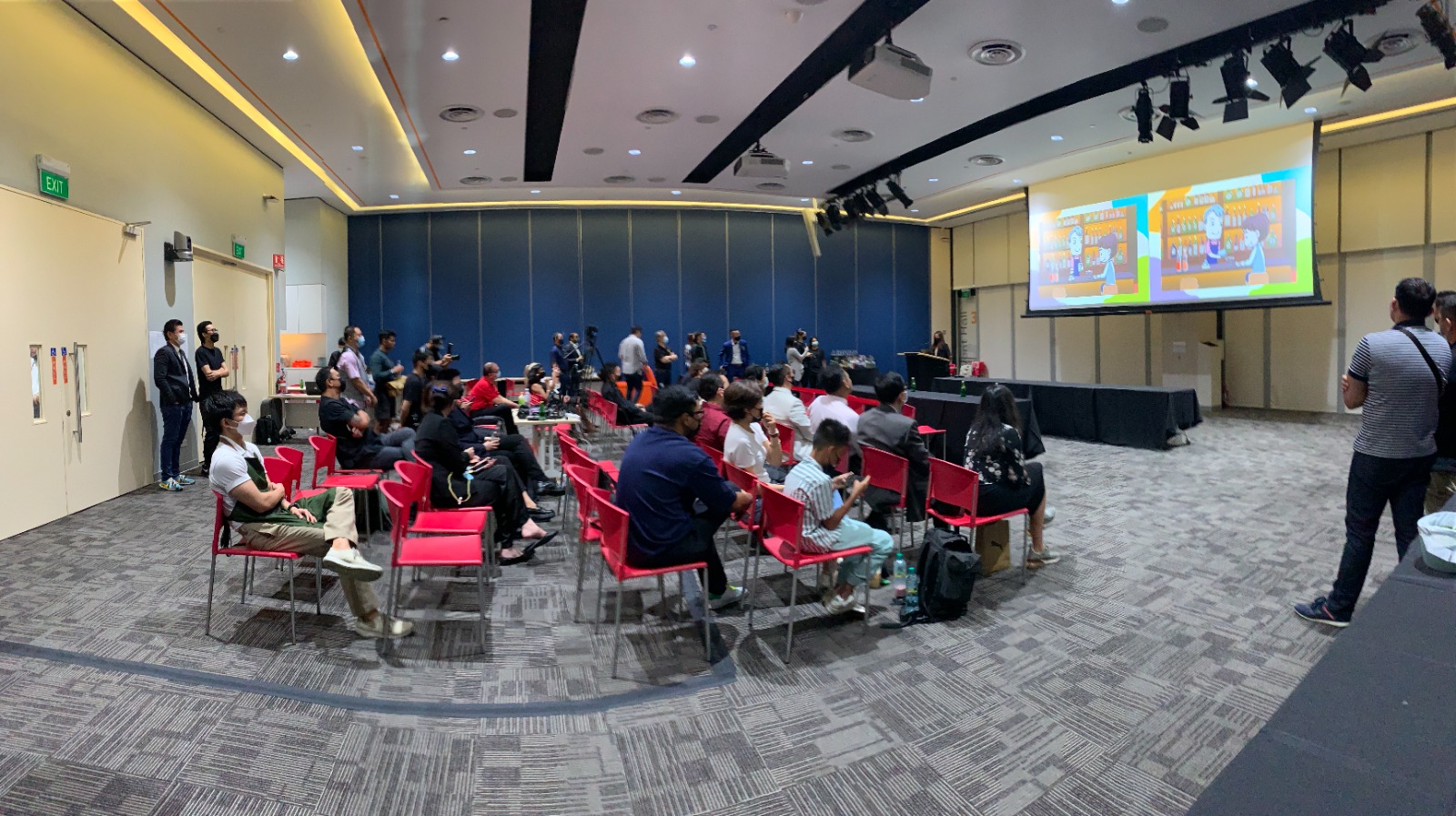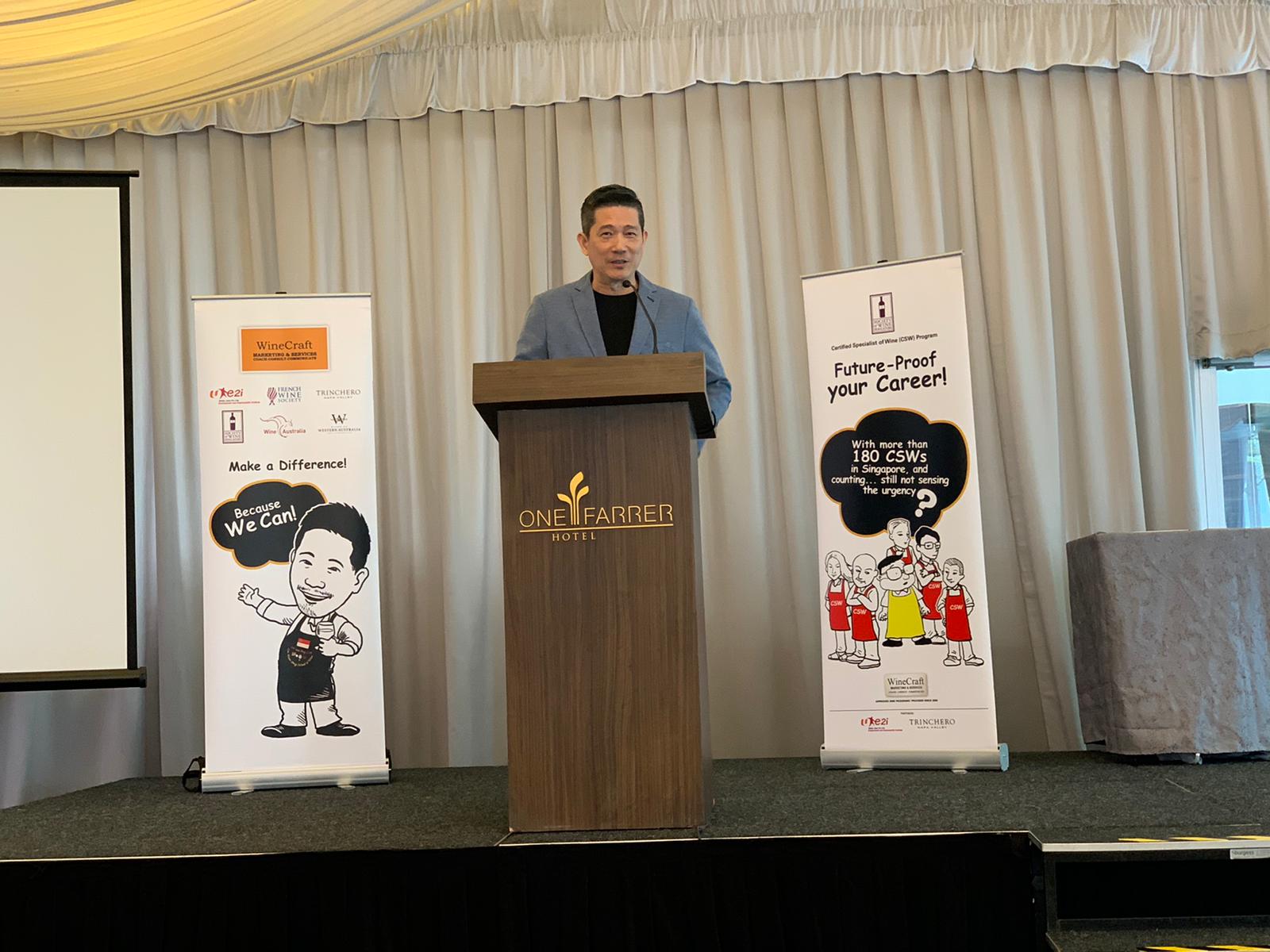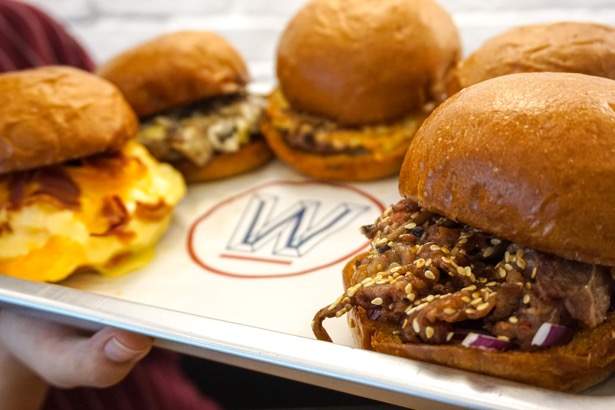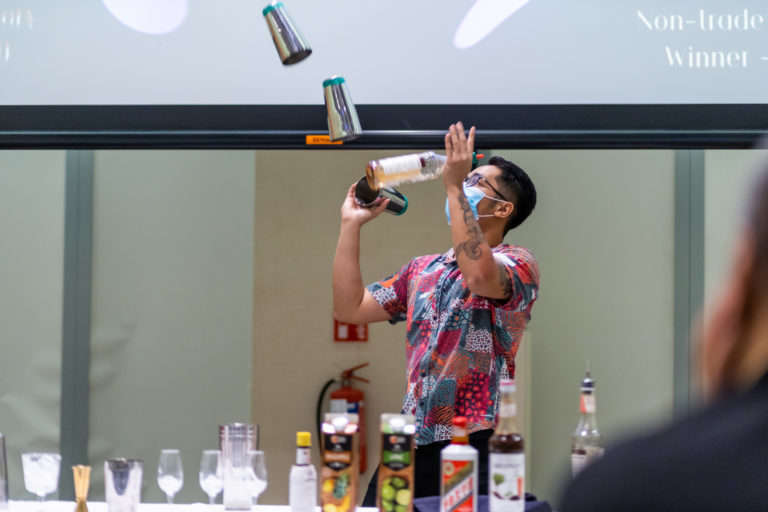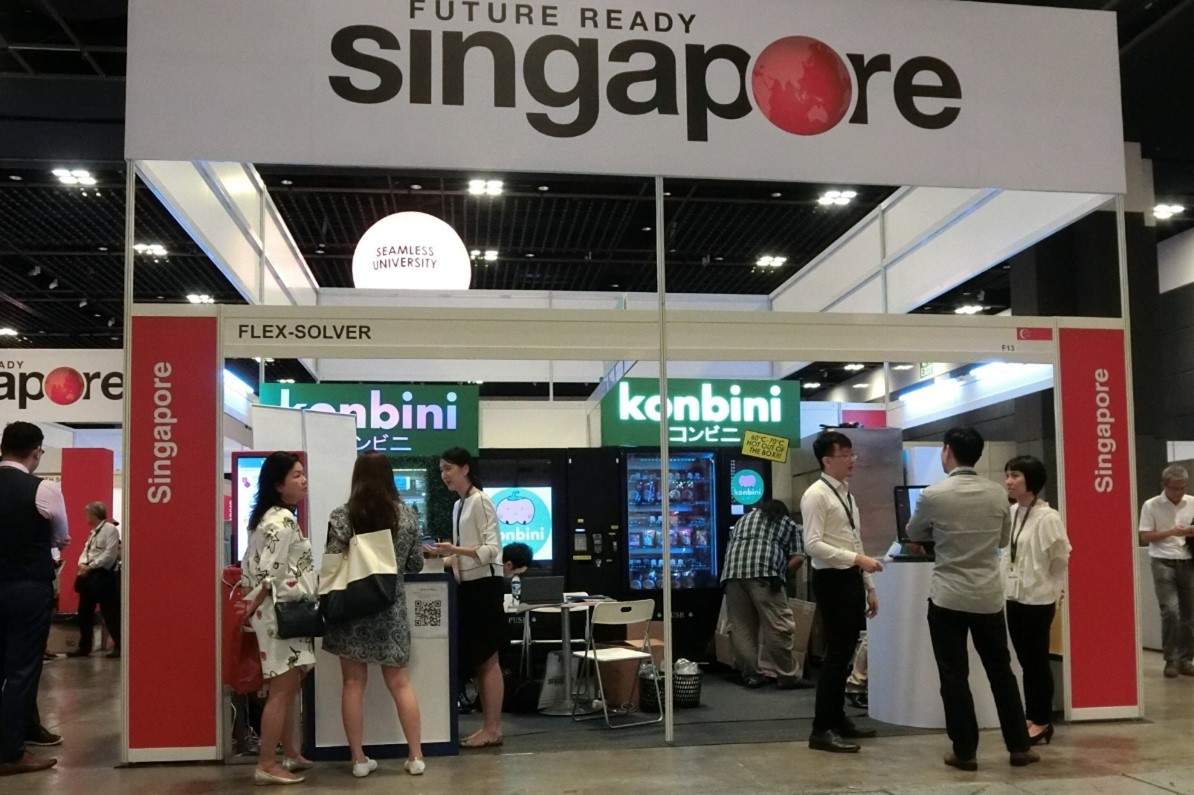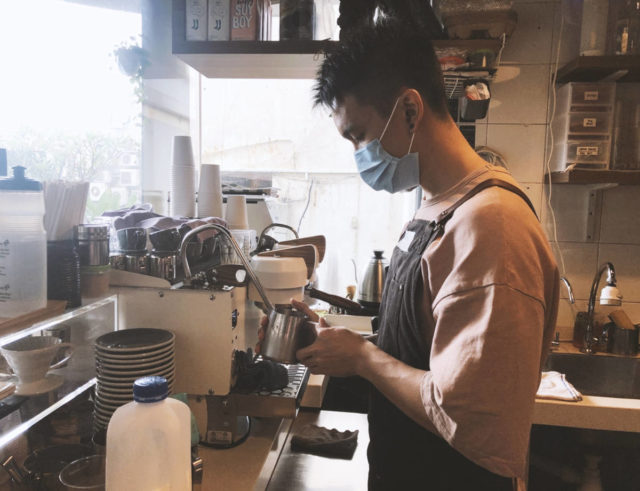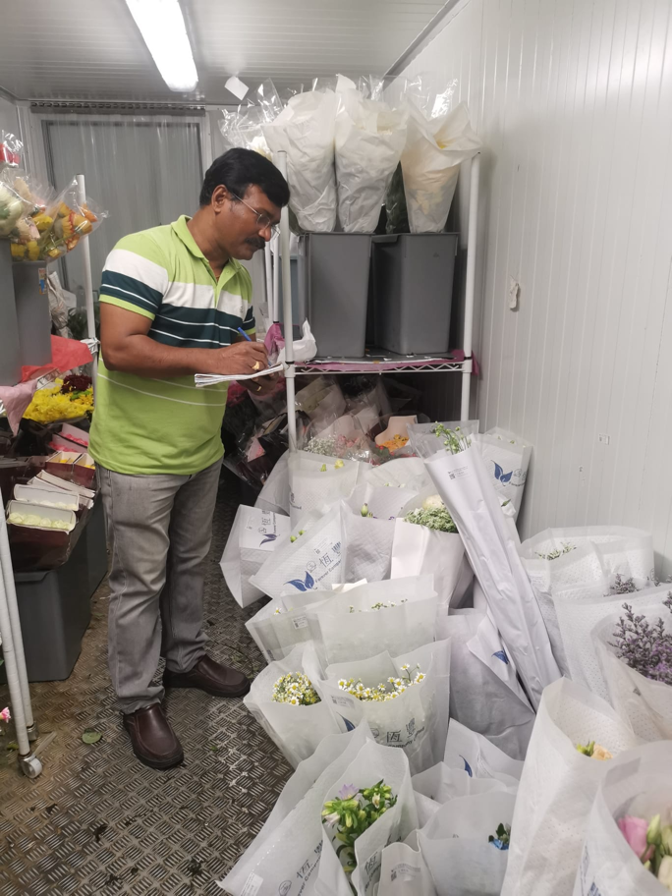As businesses are journeying towards Industry 4.0 (the fourth industrial revolution), corporations and professionals in the Singapore F&B industry are facing major structural changes posed by disruption, caused by the advent of technologies, automation, and new skills and knowledge.
In the Singapore wine specialist vocation, a US$1.4 billion industry, how can the many practitioners build resilience in this profession?
One strategy, as envisioned by the Employment & Employability Institute (e2i), emerges – the Wine Specialist 4.0: an initiative aiming to transform Singapore wine professionals through upgrading their skills and knowledge, so as to keep pace with the impending major changes in their work environment.
Wine Specialist 4.0 is interpreted as an initiative to equip a professional with a combined skill sets, such as:
- The ability to navigate and influence change and solve complex problems (Adaptive Skills)
- Acquiring knowledge and mastery of digital systems and programmes (Technology Skills)
- Acquiring job-specific knowledge and skills (Technical Skills).
With those skills and knowledge, a wine specialist can then navigate the changes arising from Industry 4.0.
What are the Adaptive, Technology and Technical skills that the Wine Specialist vocation required to future-proof themselves?
Grabbing the bull by the horn, e2i initiated an intensive industry-wide ground work involving surveying operators, senior management, and operational professionals to seek inputs on types of skills gaps that the industry faces; as well as identifying and addressing the gaps in the training and competencies department of thewine specialist vocation.
The results of the survey indicated that the following skillsets were rated as important for investing in Singapore’s pool of wine talents; namely:
- Cost and quality management including inventory management, and operations management including dispute resolution (Adaptive Skills)
- skills in digital technologies and automation (Technological Skills)
- Understanding of Vinification and Viticulture (Technical Skills)
The outcome as spelt out in the Wine Specialist 4.0 will thus provide clarity for e2i to design training programs, and together with their network of industry partners, in materializing the Wine Specialist 4.0 concept. And their efforts must be applauded, after all, this is the first time a national effort has been developed to support the wine specialist vocation.
However, to ensure successful implementation of Wine Specialist 4.0, it will require every stakeholders in the wine and related sectors to commit and upskill their talent pool. Only then will such national initiative take root in the industries, and allow our increasing pool of wine talents to successfully cope with major structural changes in both local and global economy.
